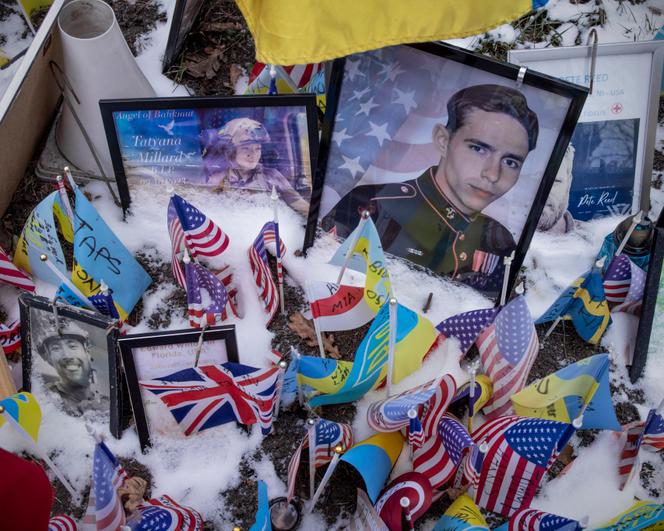


Observers in Ukraine have been hard-pressed to decipher American intentions about how to end the war. "This has given rise to very lively discussions in the media. Everyone is seizing on every statement to try to imagine what's going to happen, and when," explained Oleksiy Melnyk, director of the Razumkov Center think tank in Kyiv. "It seems that the Americans don't really have a plan," said an anti-corruption activist in Kyiv, who requested anonymity.
At the Munich Security Conference on Friday, February 14, US Vice President JD Vance barely touched on the Ukraine issue. On Wednesday, however, Donald Trump provoked astonishment by announcing that he had come to an agreement with the head of the Kremlin to begin ceasefire negotiations, without having first consulted either European or Ukrainian leaders. At the end of a long telephone conversation between the two leaders, "Trump's words were very warm toward Putin," noted Melnyk. "For us, it was a very unpleasant surprise."
On Wednesday, US Defense Secretary Pete Hegseth summed up the Trump administration's position in no uncertain terms: Kyiv must give up on its goal of joining NATO, and Ukraine's return to its 2014 borders was "unrealistic." On Friday, in an interview with The Wall Street Journal, Vance made a cryptic statement: "I think there is a deal that is going to come out of this that's going to shock a lot of people."
You have 74.66% of this article left to read. The rest is for subscribers only.
